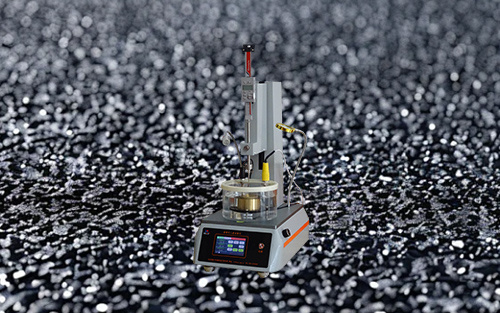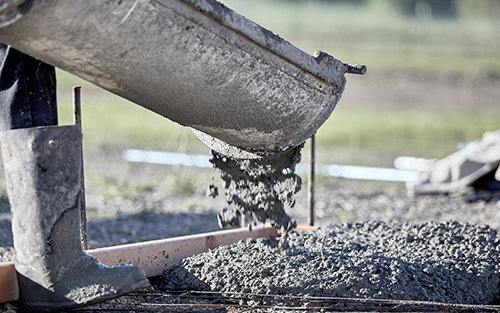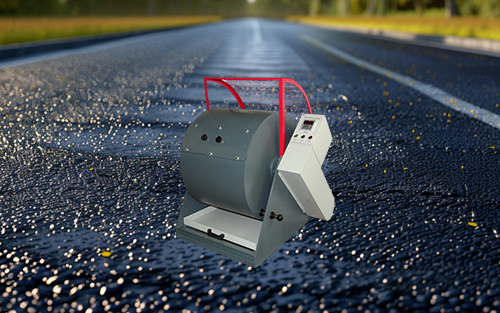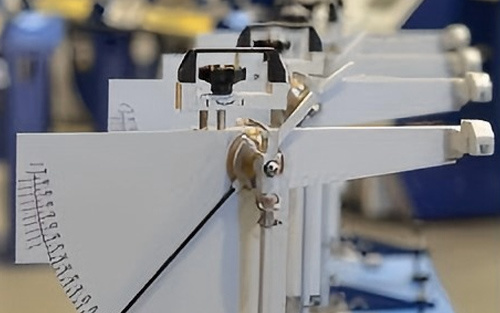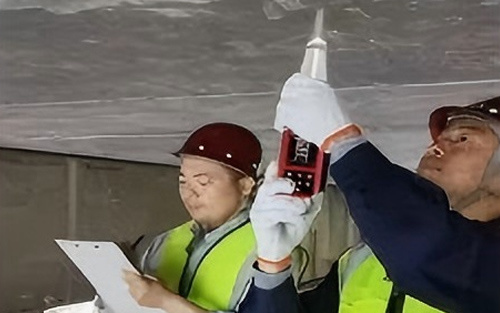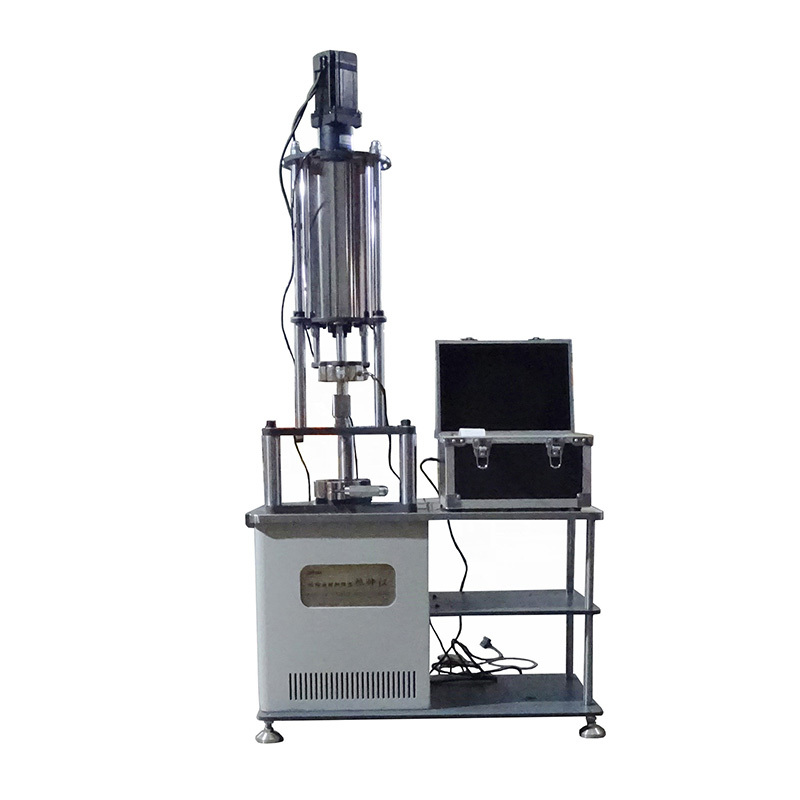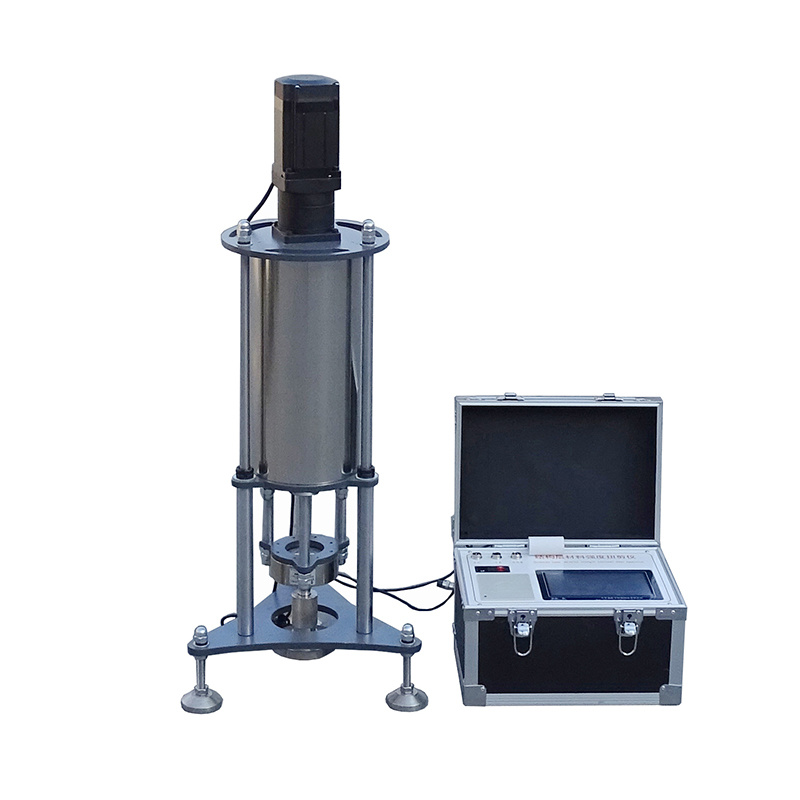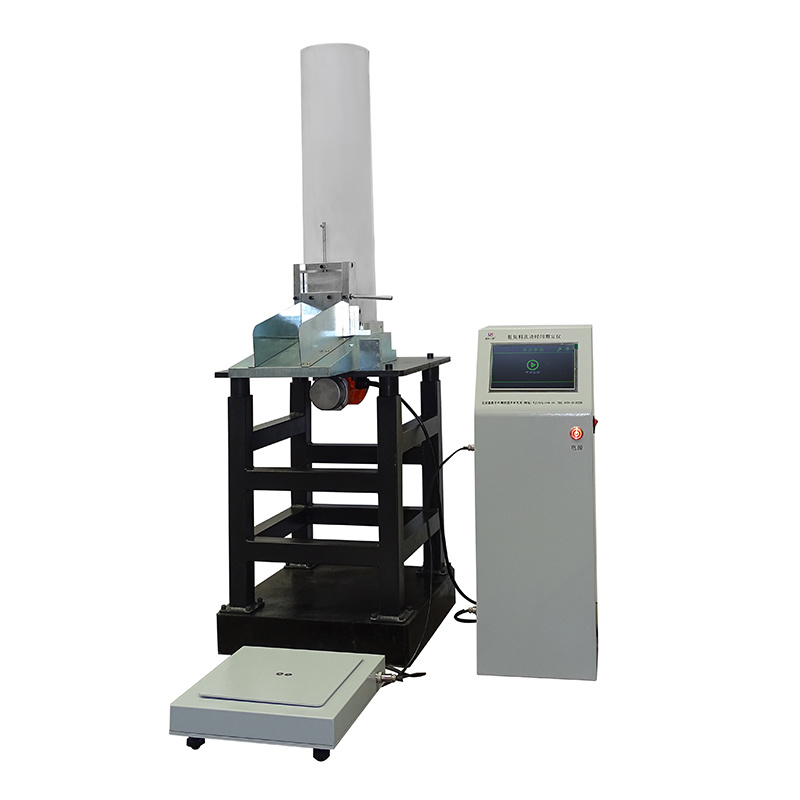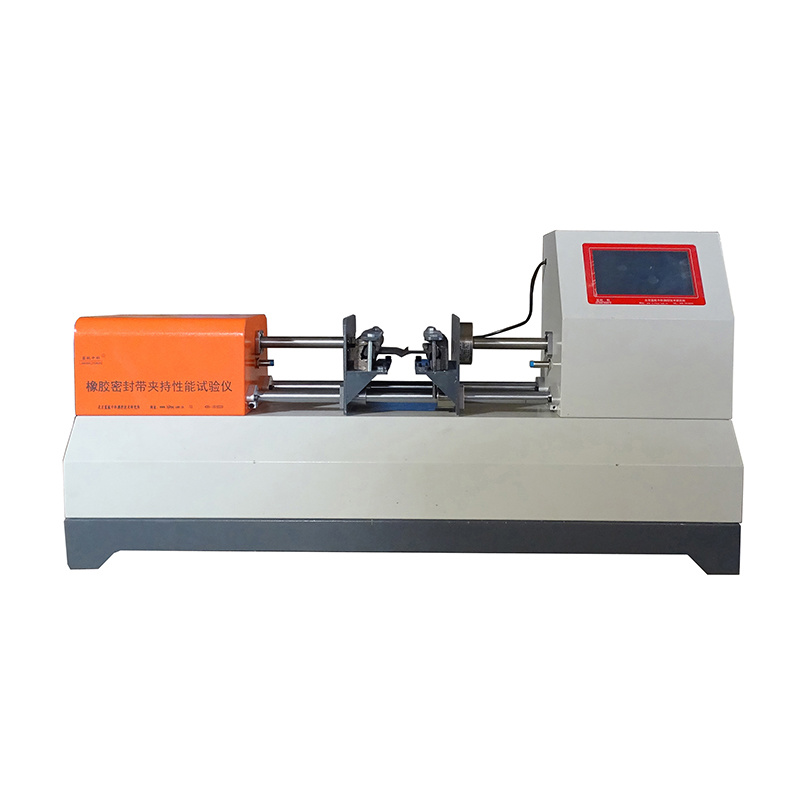
Share
PS-I type asphalt pavement depth construction instrument
Still decided? Get the samples first,Contact us!
Product classification
Keywords
- Description
-
This instrument is used to determine the macro-texture of road surfaces.
The principle is to spread a known volume of dry sand with a specified particle size onto the road surface in a circle of a certain area. The ratio of the sand volume to the average area covered is called the texture depth of the road surface. The unit is millimeters, reflecting the macro-texture of the road surface.
Instrument
1. Graduated cylinder. Volume: 25 ± 0.15 ml
2. Spreading plate. A 2-4 mm rubber sheet is attached to the bottom.
3. Windbreak.
4. Texture depth scale.
5. Others include: sand storage bag, sand storage bottle, 3 paint brushes, and dry sand with a particle size of 0.15-0.3 mm (self-provided).
ingenuity quality
Factory direct sales
Support customization
a lot of in stock
Quality Assurance
complete specifications
After-sales worry-free
Factory Scene
Production Scenarios
PS-I type asphalt pavement depth construction instrument
Still decided? Get the samples first,Contact us!
Product classification
Shipping video

Shipping photos

Shipping scenarios

Shipping
INQUIRY
Note: Please leave your contact number or E-mail address, our professionals will contact you as soon as possible!
Related Products
LHCL-0985E Adhesion Layer Tensile Tester
LHLS-0985A Bonding Layer Dedicated Pull-out Tester
LHLDY-0362 Coarse Aggregate Flow Time Tester
LHSL-326E Expansion Joint Rubber Seal Strip Clamping Performance Testing Machine


